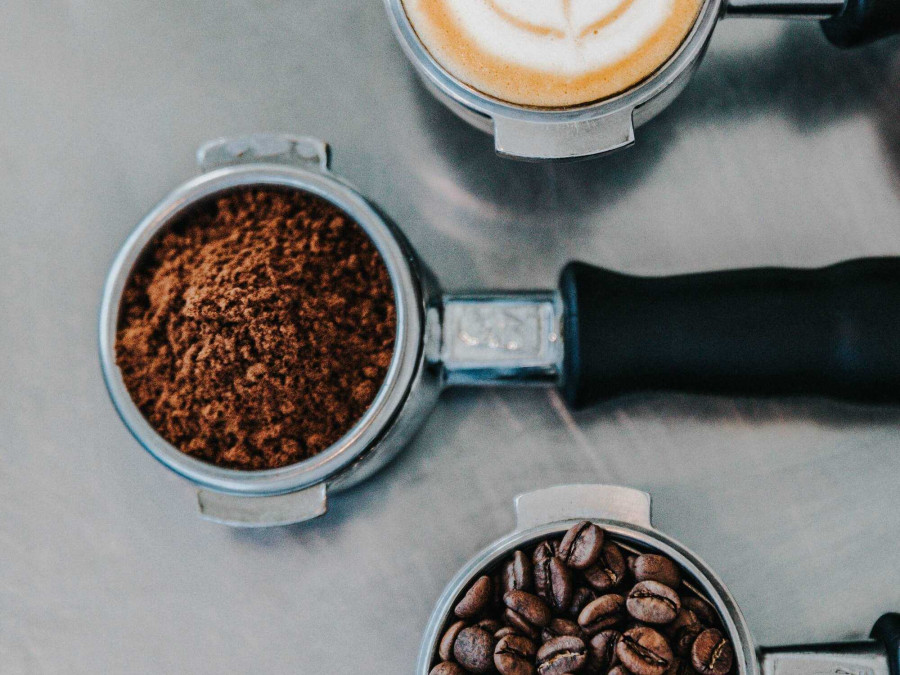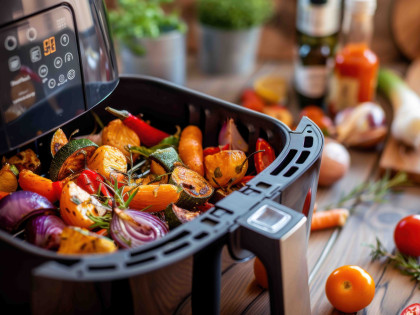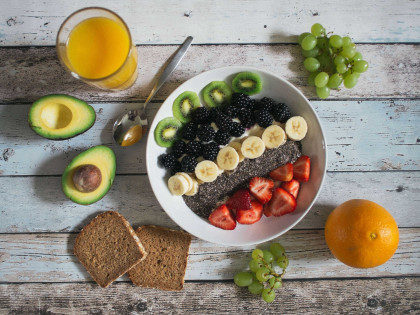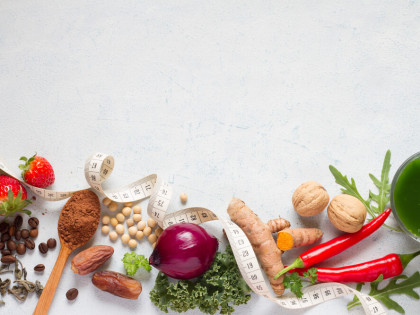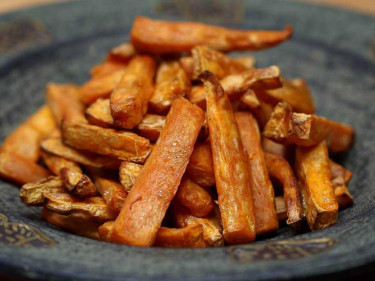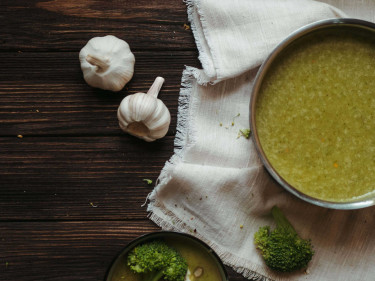Skim latte, large cap, double espresso, hot chocolate, piccolo …. most people have a ritual coffee order they need to kickstart their morning and get them ready for the day. There’s plenty of conflicting info about whether or not coffee is healthy and how much is too much. So we’ve broken it down for you.
Pros
Caffeine, the active ingredient in coffee, is a stimulant. This makes coffee a great option to give you that morning kick and get you going for the day. Some benefits of caffeine consumption are:
- Improved energy levels.
- Increased productivity, focus and attention
- Improved sports and athletic performance
- Antioxidants can reduce oxidative stress
- Phytonutrients may reduce the risk of Type 2 Diabetes
Cons
Having said that, there can be a number of adverse effects that people may experience with caffeine consumption:
- Can cause increased heart rate, jitters, and anxiousness
- Insomnia, particularly when consumed up to 6 hours before sleep
- May irritate gastrointestinal tract
- Can reduce calcium, magnesium and iron absorption
- Can have a very high energy content when made on milk (e.g. latte, cappuccino), or with added sugars and syrups
- May increase LDL (bad) cholesterol levels in large amounts
How much should I have?
Recent studies have shown that consumption of up to 400mg of caffeine - about 4 regular cups of coffee - has no adverse effects on your health. However, this can be a bit ambiguous, as there is a massive variation between people’s tolerance to coffee. Some people can’t function without three coffees, and others simply stick to decaf. It’s best to find out what the optimal amount is to make you the most productive without inducing any negative side effects. It’s also better to avoid drinking all your energy, as coffee is less likely to fill you up than other foods. If you are having a few coffees every day, try opting for a long black with a dash of milk, or a piccolo instead of higher energy options like cappuccinos and mochas, and avoid adding sugars or flavoured syrups.
What other foods and drinks contain caffeine?
While coffee is a well-known source of caffeine there are many other foods and drinks which also contain caffeine. Some of these include:
- Tea contains 9-51mg per 250ml
- Hot chocolate contains 5-10mg per 250ml
- Cola drinks contain 58mg per 600ml
- Diet cola drinks contain 77mg per 600ml
- Energy drinks contain 80mg per 250ml
- Dark chocolate contains 60mg per 50g
- Milk chocolate contains 10mg per 50g
- Guarana (a plant seed often used in energy drinks) contains up to 100mg per 1g
Is caffeine recommended for everyone?
For most healthy adults consuming up to 400mg of caffeine per day is considered safe, however for some adults this recommendation is lower. These groups include:
- Women who are pregnant or trying for a baby, as well as those women who are breastfeeding. It is recommended that you speak to your doctor about caffeine consumption and aim for less than 200mg per day
- People with IBS should avoid caffeine as it can increase diarrhoea and if consuming caffeine limit to 100-200mg per day
- People who have gastroesophageal reflux disease (GERD) should avoid drinking caffeine as it increases symptoms
- There is also growing evidence that consuming large amounts of caffeine isn’t recommended for people with osteoporosis as it can decrease calcium absorption
If you are unsure what levels of caffeine are safe for you, always speak to your doctor first.



